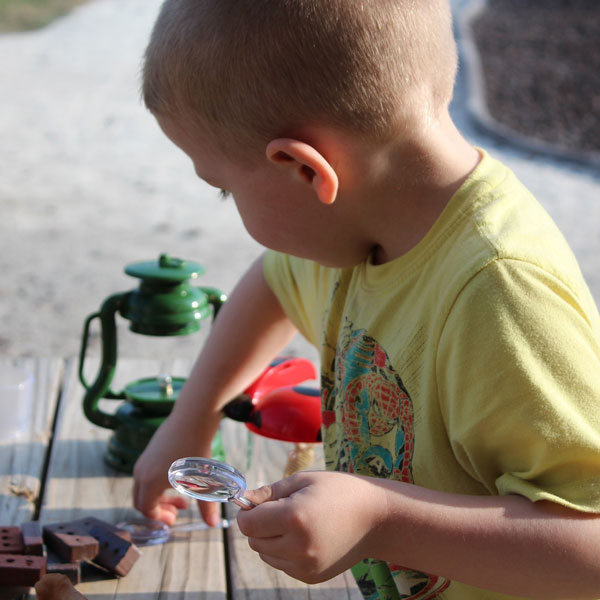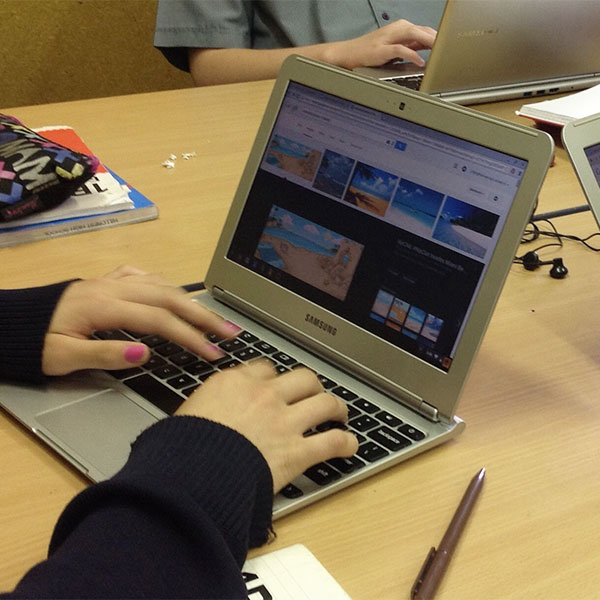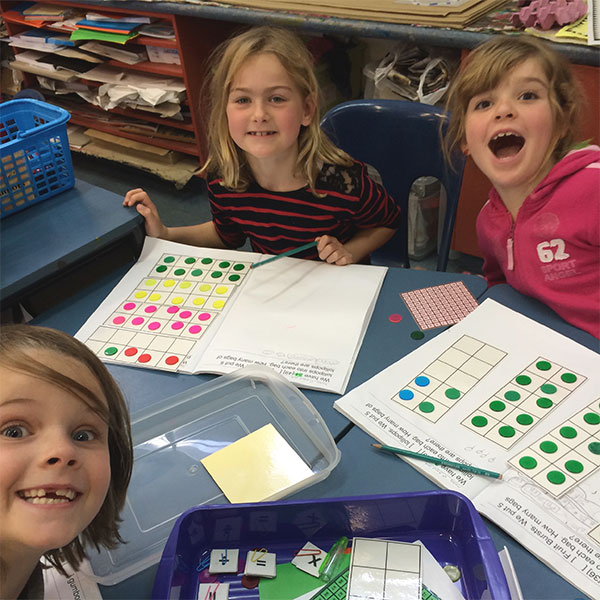Te Pūtahi Rangahau Mātauranga o Wilf Malcolm | Wilf Malcolm Institute of Educational Research (WMIER)

Wilf Malcolm Institute of Educational Research
Welcome to the Wilf Malcolm Institute of Educational Research (WMIER). It is our mission to support staff across Te Kura Toi Tangata School of Education to carry out innovative and collaborative education research that makes a real difference to education policy and practice. The Institute provides advice and support in the scoping and design of research projects and provides the infrastructure to ensure the successful management, completion and dissemination of research.
The Institute also hosts the Research Centres and Units.
Requests for proposals, research opportunities and partnerships
Research expertise
Transitions research projects
This booklet reports on a range of research initiatives, all with
the shared theme of transitions.
Spotlight on Digital Technologies
This issue of ‘Spotlight on Digital Technologies’ addresses some challenges and showcases what might be possible when educators come together with researchers to rethink and reimagine what constitutes effective digital-based teaching and learning.
Spotlight on the early years
The Early Years Research Centre He Kōhanga Toi Tangata is part of the Wilf Malcolm Institute of Educational Research in the Faculty of Education. It includes scholars who have an active interest in one or more of three themes of research, with a focus on the early years.

Te Whai Toi Tangata | Institute of Professional Learning
Transform education with our diverse professional learning opportunities, guided by Te Tiriti o Waitangi principles. Join us on a journey of growth, equity, and innovation.



